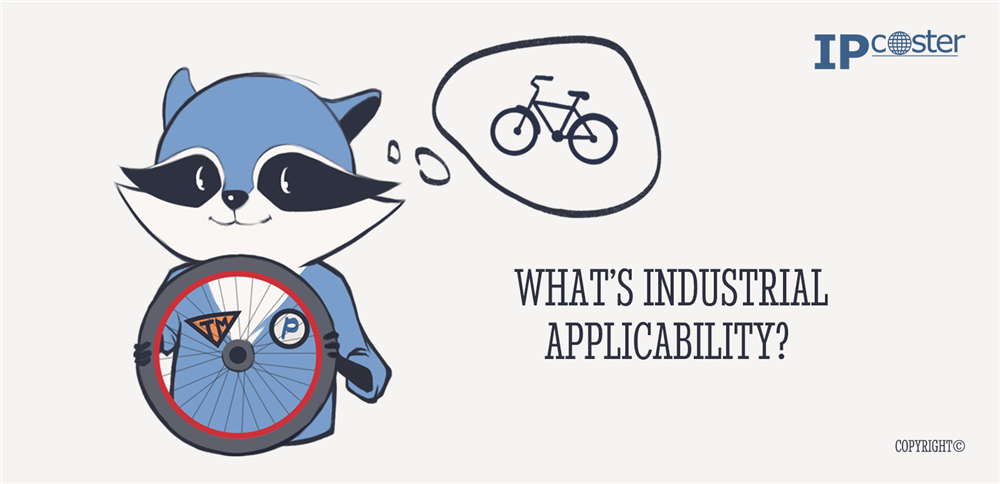IP-Academy

What’s industrial applicability?
When it comes to patent law, there are three main requirements for an invention to be granted a patent: novelty, inventive step, and industrial applicability. In this article, we're focusing on the last one — industrial applicability, sometimes called industrial application.
An invention is considered industrially applicable if someone skilled in the relevant field can reproduce it and use it in a practical way, based on general knowledge. In simpler terms, the invention must work and serve a useful purpose in some industry.
In Europe, this is defined under Article 57 of the European Patent Convention (EPC) as the ability to be ‘made or used in any kind of industry, including agriculture’. So whether the invention is used in a factory, a farm, or even in tech or healthcare, it must have a practical use.
For a long time, the meaning of industrial applicability was interpreted quite literally. But in 2005, the European Patent Office’s Boards of Appeal added an extra layer to the requirement. They decided that industrial applicability also implies that the invention must offer a commercial benefit — it should be useful in a way that adds value or solves a real-world problem.
This requirement helps filter out inventions that are either impractical or impossible to use. For example, if someone tries to patent a machine that claims to defy gravity or violate the laws of physics, it would be rejected — not only because it’s not scientifically valid, but also because it can’t be used in any real-world industry.
To pass the industrial applicability test, your invention must:
1. Work in practice;
2. Be usable in some form of industry (broadly defined);
3. Provide a potential commercial or practical benefit.
This requirement ensures that patents are granted only for real, working inventions that can make a meaningful contribution to society or the economy.
Common Questions
How is industrial applicability different from novelty and inventive step?
Novelty asks if it is new, inventive step asks if it is non-obvious, and industrial applicability asks if it has a practical real-world use.
Does industrial applicability affect patent drafting strategy?
Yes. If the application does not clearly explain practical use (or the use is not credible), it can lead to objections, extra prosecution steps, and higher overall costs.
How detailed should my "use" be to satisfy Europe/UK-style industrial applicability?
Enough that a skilled person would recognize the invention can be made or used in industry (in a broad sense, including agriculture). Vague or speculative statements can create objections.